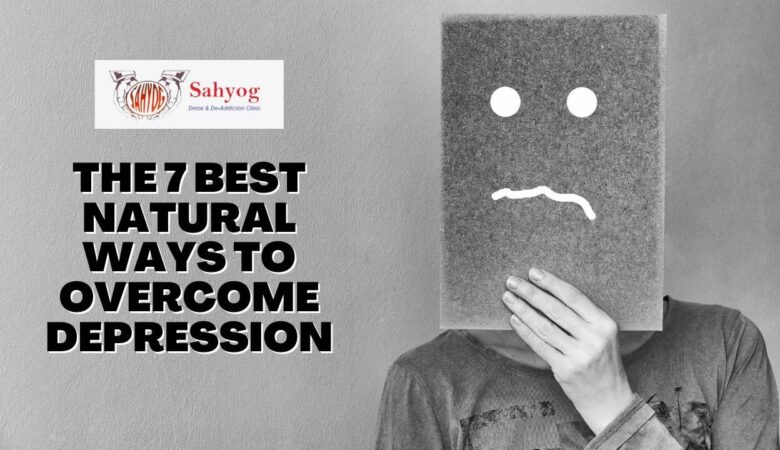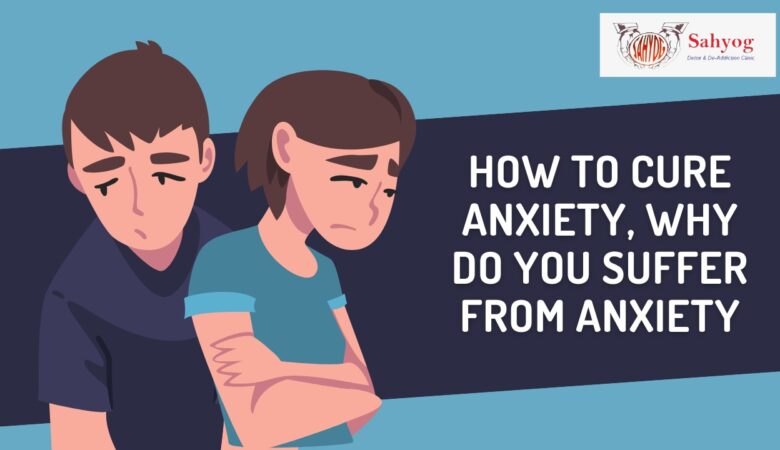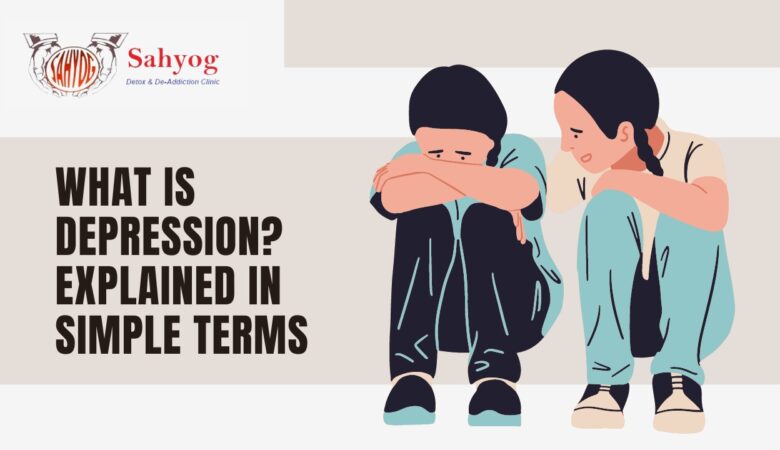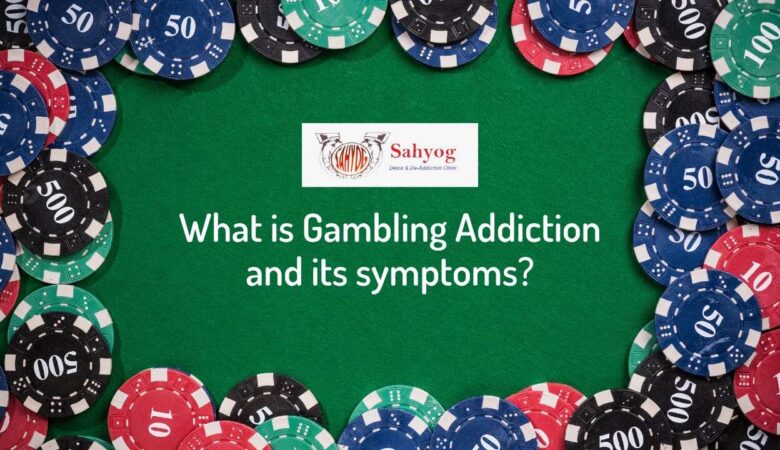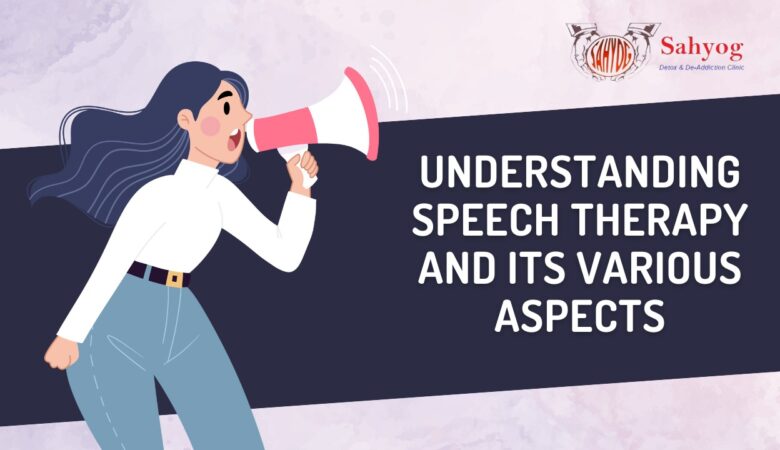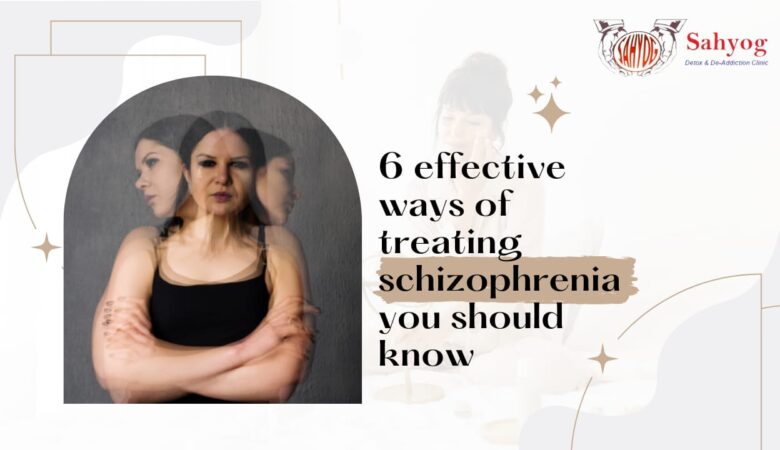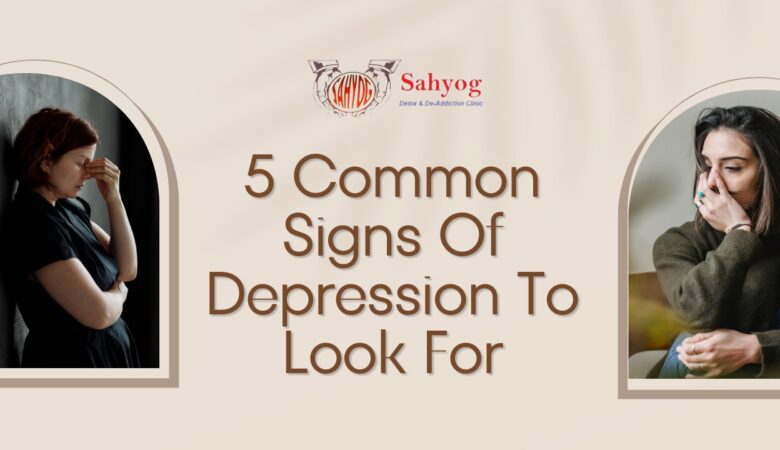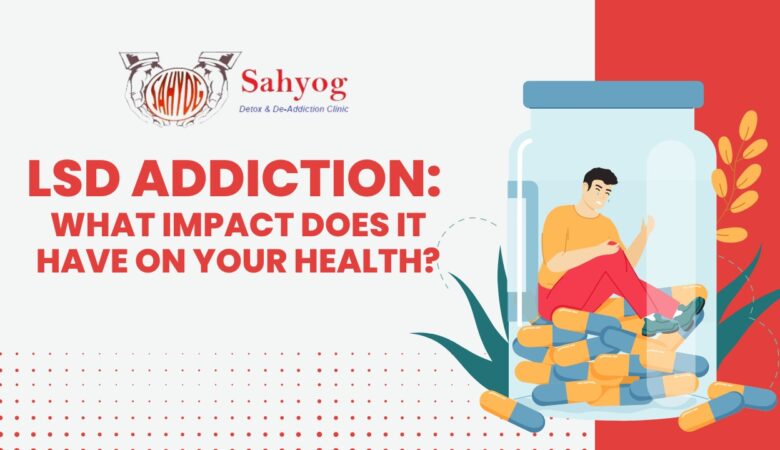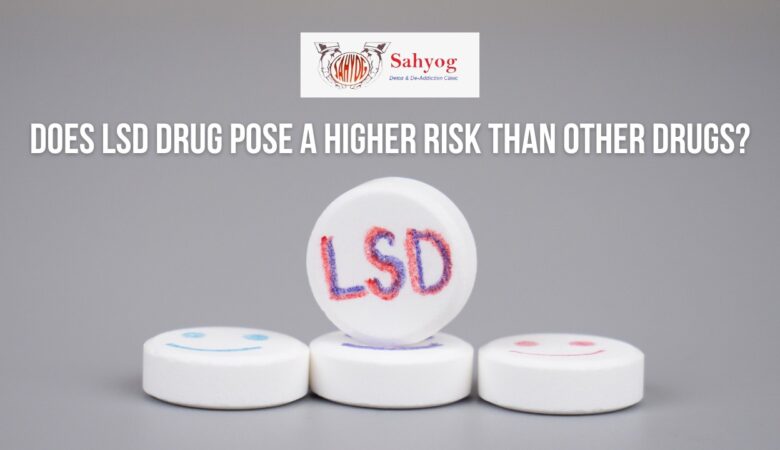The 7 Best Natural Ways to Overcome Depression
Introduction Depression is a problem that millions of people around the world suffer from every day. It’s more than just feeling down or blue; it’s a real, debilitating mental illness that can make it hard to get out of bed in the morning, let alone live a happy and productive life. There are many ways to treat depression, both natural and medical. In this blog post, we will explore seven of the best natural ways to overcome depression. From exercise and diet to supplements and essential oils, there are plenty of options to choose from. So if you’re looking for a way to start feeling better, read on to know more. What is depression? Depression is a serious mental illness that causes a person to feel sad, lose interest in activities, and have difficulty functioning. It is a long-lasting mental health condition that requires treatment. Depression is of several types- major depressive disorder, persistent depressive disorder, bipolar disorder, and even seasonal affective disorder. Symptoms of depression can include feelings of sadness, hopelessness, irritability, fatigue, trouble sleeping or concentrating, and thoughts of death or suicide. While depression is a serious condition that should not be taken lightly, there are natural ways to overcome it. Some people may need medication to get their symptoms under control, but many people find that lifestyle changes and natural therapies can help them manage their depression. How and why is depression caused? Depression can be caused due to a combination of the following factors- genetic, psychological, and environmental factors. If genetic, it can run in families, but if psychological, it can also be triggered by life events such as trauma, loss, or stress. People with depression may have a chemical imbalance in their brains that affects their mood and how they think. They may also have trouble handling stressful situations and coping with difficult emotions. Symptoms of depression Depression is one of the most serious mood disorders having the power to negatively affect how one feels, thinks, and handles their day-to-day activities. While occasional bouts of sadness are perfectly normal, depression persists and can interfere with your ability to live a normal, productive life. The symptoms of depression vary diversely. It is not necessary that the symptoms of one person may be shown in the other person as well. Some common signs and symptoms include: Persistent sad, anxious, or “empty” mood: A person who is depressed may constantly feel sad and anxious, or may show signs of having an empty mood or feelings of loneliness and fatigue. Feelings of hopelessness, or pessimism: A depressed person will constantly feel hopelessness creeping in. they may show signs of pessimistic thoughts and actions. Irritability: A person diagnosed with depression may get irritated at small things very easily. They may show signs of aggressiveness and show constant irritation and agitation, no matter how small the matter may be. Angry outbursts, rage, or violence: A depressed person may have angry outbursts at every minor inconvenience, and may even show signs of aggression, rage, and violence. Loss of interest in hobbies or activities once enjoyed: A person who is depressed may show a lack of interest in things and activities that they once enjoyed. They may seem dull and fade to you almost all the time. Fatigue and decreased energy levels: A person in depression will show chronic fatigue and decreased energy levels, and will seem tired and exhausted all the time. Difficulty concentrating, remembering details, or making decisions: A person diagnosed with depression may even face difficulty concentrating and focusing on their work. They may find it hard to remember details and may not even make appropriate decisions. Sleeping too much or not being able to sleep at all: Insomnia is one of the most common signs of depression. A person diagnosed with depression may either sleep too much to escape the constant feeling of unworthiness and depression, or they may not be able to sleep at all and face insomnia due to overthinking and anxiety. Appetite changes – weight loss or gain without trying: A depressed person may even be prone to eating disorders. They may either eat too much and gain weight or they may face difficulty in eating and stop eating and eventually lose weight without trying. All this could be due to depression and anxiety. Aches or pains, headaches, cramps, or digestive problems that do not ease even with treatment: A person who is depressed will find themselves feeling unexplained aches and pains in their body. They are prone to headaches, cramps, and even digestive problems. If you experience any of these symptoms regularly for two weeks or more, you may be suffering from depression. It’s important to seek professional help if you think you may be depressed. Consequences and risks associated with depression Depression is a serious mental disorder that can turn chronic and have devastating consequences on both mental as well as physical health if left untreated. According to the National Institute of Mental Health, depression is one of the leading causes of disability in the United States. It can cause a wide range of physical and emotional problems and can make it difficult to function at work or home. Untreated depression can lead to suicide. Suicide is the 10th leading cause of death in the US, and depression is a major factor in more than half of all suicides. If you or someone you know might face this issue, contact a mental health professional immediately. Depression can also lead to substance abuse. People who are depressed may turn to drugs or alcohol as a way to cope with their feelings of hopelessness and despair, leading to addiction and other serious problems. If you are depressed, it’s important to get help. Treatment for depression can be effective, but it’s important to find a qualified mental health professional who can diagnose and treat your specific condition. If you are taking medication for depression, be sure to follow your doctor’s instructions carefully and report any side
